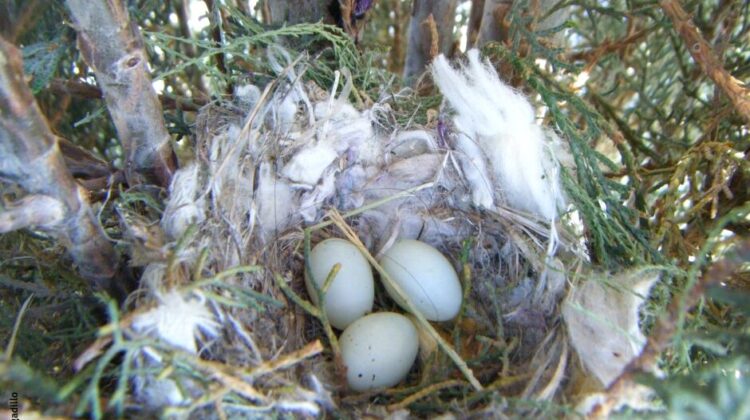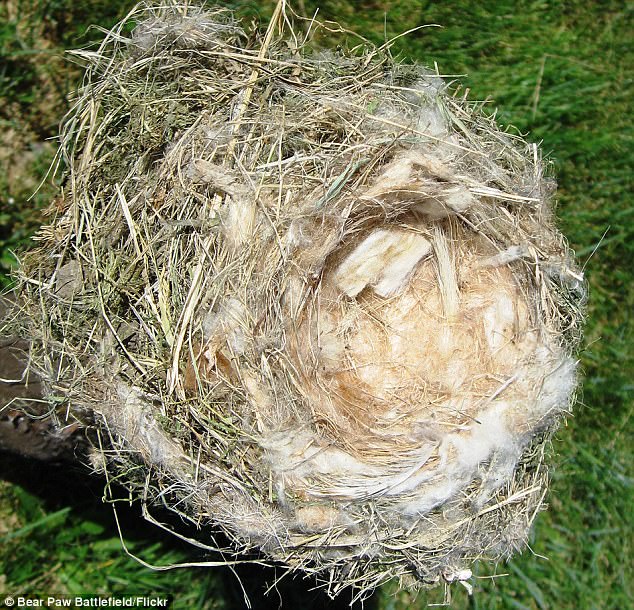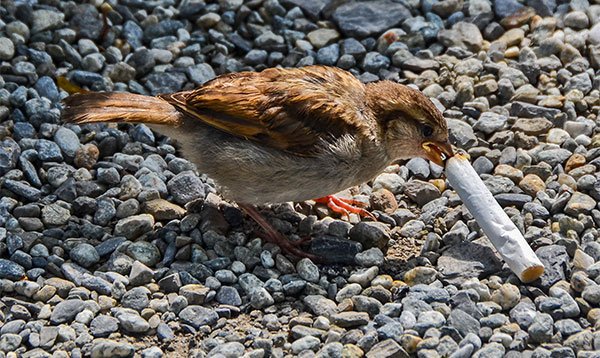
It may come as a surprise to learn that birds have been observed lining their nests with cigarette butts. While many people view discarded cigarette butts as an unsightly litter problem, birds seem to have found a practical use for them.

Researchers at the National Autonomous University of Mexico have been studying the behavior of urban house finches, a species that has developed a habit of using cigarette butts to line their nests. Initial evidence suggested that the nicotine and other chemicals in discarded filters might act as a natural pesticide, repelling parasitic mites from the nest. To test this theory, the researchers experimented with 32 house finch nests, adding live and dead ticks to some nests and leaving others tick-free.

The results of the study were clear: birds that were exposed to ticks added significantly more cigarette butts to their nests than those that were not. In fact, birds whose nests were given live ticks increased their cigarette butt weight by about 40% more than those where dead ticks had been used. The researchers believe that this behavior is a form of self-medication, as the chemicals in cigarette butts are thought to have anti-parasitic properties.

While it is intriguing to see how birds have adapted to living in an urban environment, it is also worth noting that the use of cigarette butts could have negative effects. Discarded cigarette filters are a major source of litter, and their toxic chemicals can leach into the environment, potentially harming other wildlife. Nevertheless, it is fascinating to see how birds are able to make use of the resources available to them, and perhaps there are lessons to be learned about the resilience of nature in the face of human activity.

Leave a Reply